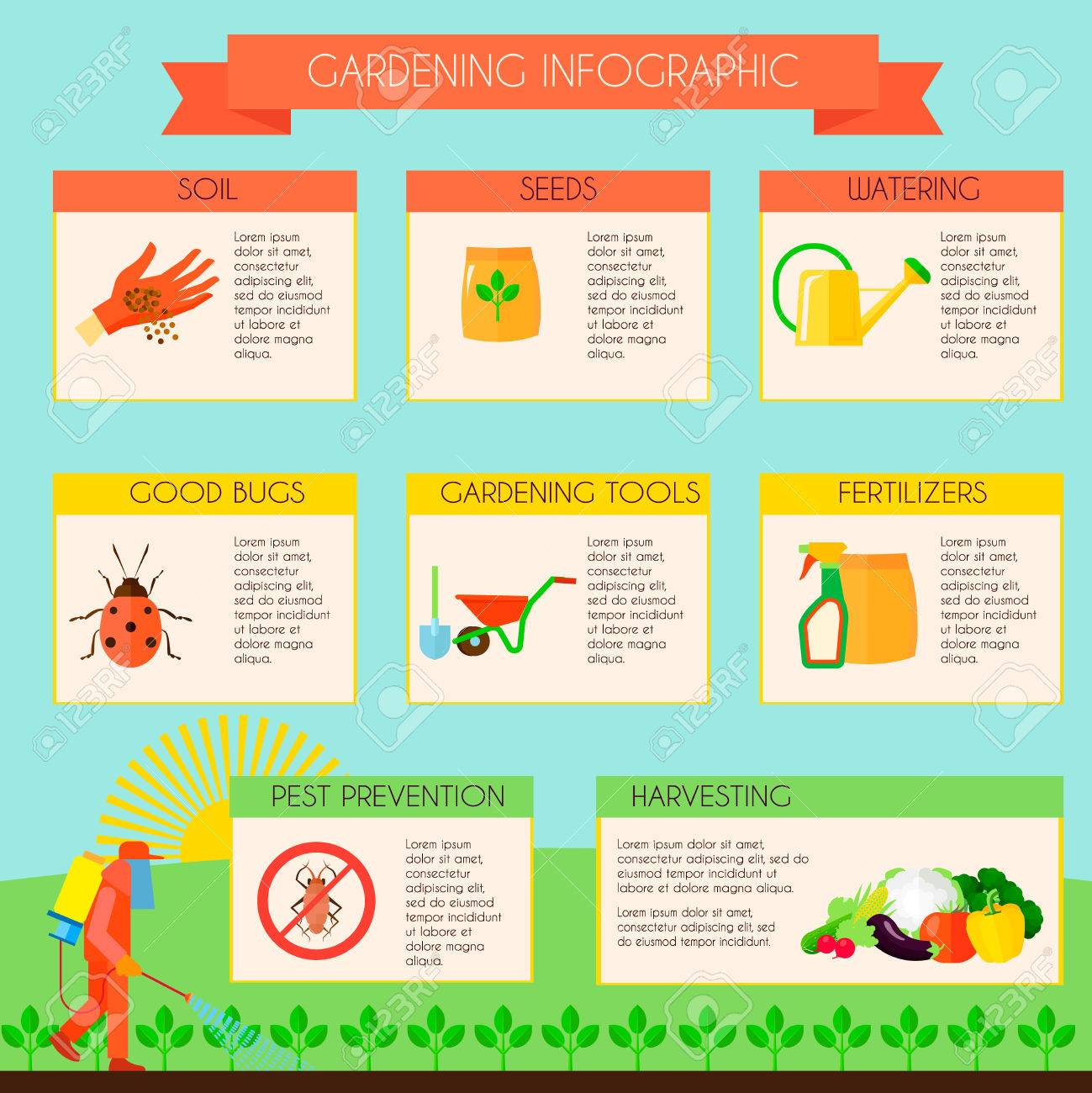The Ecological Effect Of Parasite Control Methods: What You Need To Know
The Ecological Effect Of Parasite Control Methods: What You Need To Know
Blog Article
Material Created By-Abildgaard Viborg
They say 'prevention is far better than treatment,' and this proverb applies when it involves pest control. insect control near me may know the relevance of maintaining your home or organization devoid of insects, yet have you ever before considered the ecological effect of the approaches made use of to attain this?
In this discussion, we will discover the different pest control techniques readily available and their potential effects on the environment. From making use of chemical pesticides to natural parasite control approaches and lasting strategies like integrated bug monitoring, there is much to learn more about the choices we make and their effect on the globe around us.
So, bend up and prepare yourself to reveal the reality behind parasite control methods and their environmental effects.
Chemical Pesticides and Their Ecological Influence
Chemical chemicals have a substantial ecological effect, which can be much better recognized by examining their use and impacts.
When you utilize chemical pesticides to control pests, they can wind up hurting not only the targeted pests yet also valuable insects, birds, and various other pets. These chemicals usually remain in the atmosphere, infecting soil, water, and air. best spider control can likewise build up in the food chain, posing a danger to human health.
Additionally, chemical pesticides can disrupt ecosystems by exterminating all-natural killers of pests, bring about an inequality in the ecological community. In addition, some pesticides have been linked to the decline of pollinators like , which are essential for plant reproduction.
It is very important to think about these environmental influences when considering parasite control techniques.
Natural Pest Control Techniques and Their Eco-Friendliness
All-natural insect control methods provide an environment-friendly option to chemical pesticides. By utilizing all-natural components and methods, you can efficiently manage bugs while reducing harm to the atmosphere. Here are four environment-friendly pest control techniques to consider:
1. Organic control: Introduce natural predators, such as ladybugs or nematodes, to regulate pest populations naturally.
2. Physical obstacles: Usage nets, displays, or row covers to physically protect against parasites from reaching your plants.
3. Buddy planting: Expand pest-repelling plants together with your plants to hinder parasites normally. For example, growing marigolds can ward off aphids and various other pests.
4. Home made treatments: Produce do it yourself bug control services making use of ingredients like vinegar, baking soda, or necessary oils. These natural remedies can aid push back parasites without hazardous chemicals.
Integrated Pest Monitoring: A Lasting Method
To properly handle pest populations while decreasing damage to the environment, consider embracing an incorporated insect administration technique, which concentrates on sustainable techniques.
Integrated Bug Monitoring (IPM) is an alternative strategy that integrates various insect control techniques to accomplish long-term parasite management goals. It intends to decrease using chemical pesticides and instead stresses avoidance, monitoring, and using non-chemical controls.
By integrating numerous methods, such as organic control, cultural methods, and mechanical methods, IPM provides a reliable and lasting remedy for insect control.
This approach not only reduces the unfavorable effect on the setting but also promotes the overall health and wellness of environments.
Conclusion
So, currently you understand the ins and outs of pest control techniques and their influence on the setting.
From the dangerous effects of chemical pesticides to the eco-friendliness of all-natural bug control approaches, it's clear that we need to focus on sustainable approaches like integrated insect administration.
Much like a fragile ecological community, locating the ideal balance is important for protecting our atmosphere and keeping pests away.
